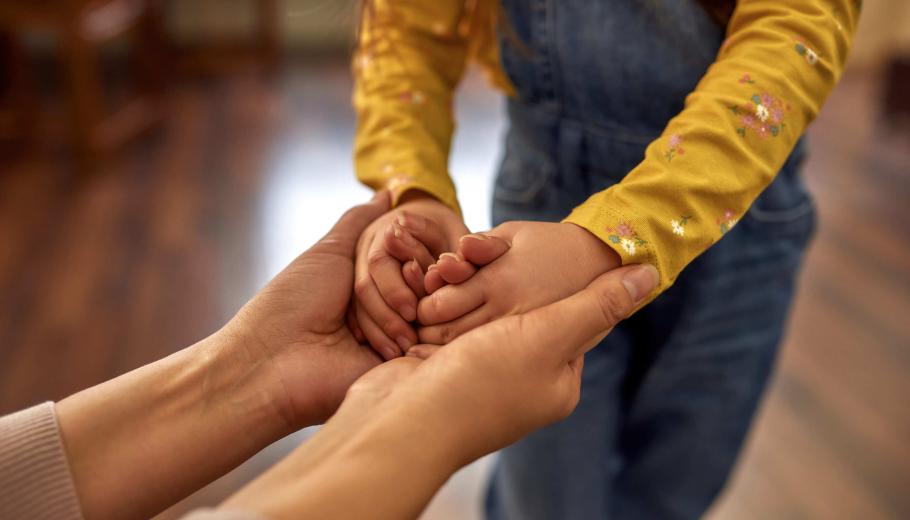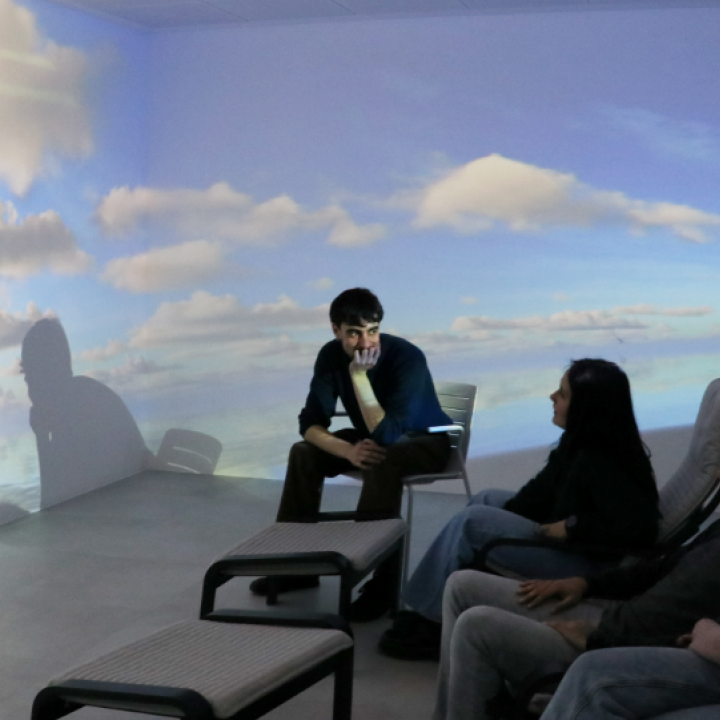The new Improvement Plan for the Child and Adolescent Care System of Catalonia sets as a strategic objective to promote the culture of family care in Catalonia.
From the Department of Social Rights (Secretariat of Children, Adolescence and Youth, Dirección General de Atención a la Anfancia y la Adolescencia and the Catalan Institute of Fostering and Adoption), they propose, among others, to analyze the current functioning of shelters for urgency and diagnosis, in order to guarantee that this type of accommodation does not last more than six months.
In this sense, throughout the last quarter of 2022, several professionals from the child and adolescent protection system will participate in the working group on emergency care and diagnosis. The group was led and guided by Cristina Herce, a psychologist specializing in family care in the Basque Country (Centro Lauka de Estudios e Investigaciones Psicológicas).
This meeting space allowed sharing, questioning and reflecting on the current functioning of this type of reception, identifying its strengths, as well as the peculiarities of each territory of Catalonia, detecting possible shortcomings and points to improve.
From Suara Cooperativa, we participate as representatives of the technical teams and assessment of child abuse (EVAMI). Those who, among their tasks, propose the measure of emergency reception as a preventive mechanism in cases of child neglect. A necessary initiative when the child cannot continue living in his biological family nucleus, which allows the minors to receive the emotional support of welcoming families, while we carry out the diagnosis and the proposal for definitive care.
These families arrive at one of the most difficult moments for the child, during the separation from his biological environment, offering a safe environment, of emotional support and affection, which nurtures his development in a healthier way. From the point of view of the technical teams and the General Directorate of Child Care and Adolescence (DGAIA) it is an essential measure throughout our diagnostic process, since the child has people dedicated to his needs.
However, this process can lead to difficulties such as the six-month time limit. The periodicity at which the emergency reception is designed may be insufficient, since in many cases the study and diagnosis require more evaluation time. This fact ends up delaying the proposals, and in many cases the children can be in emergency care for up to a year and a half. As a result, there are few families available and the links that are established by being referents for such a long period, means that some of these families become the referents of simple or permanent reception. In short, the system is corrupted and can lead to difficulties that affect children.
For these reasons, in the working group sessions, each part of the Child and Adolescent care system expressed its perception according to this intervention framework. After several discussion sessions, it became clear that our system of care for children and adolescents needs to evolve.
- It must be transformed towards more agile and efficient dynamics
- Focus on the child or adolescent in question
- Adapting to your needs, guaranteeing your rights.
A challenge requires the creation of a concrete action plan, which prioritizes urgent family care as a normalized measure within our society, because every child has the right to grow in a family.
Author: Natalia Prades Psychologist and trauma therapist. Responsible for the ETCA and EVAMI Terres de l'Ebre. Specialized technical support service by the Integrated Unit. Manager PSICOINTEGRA





